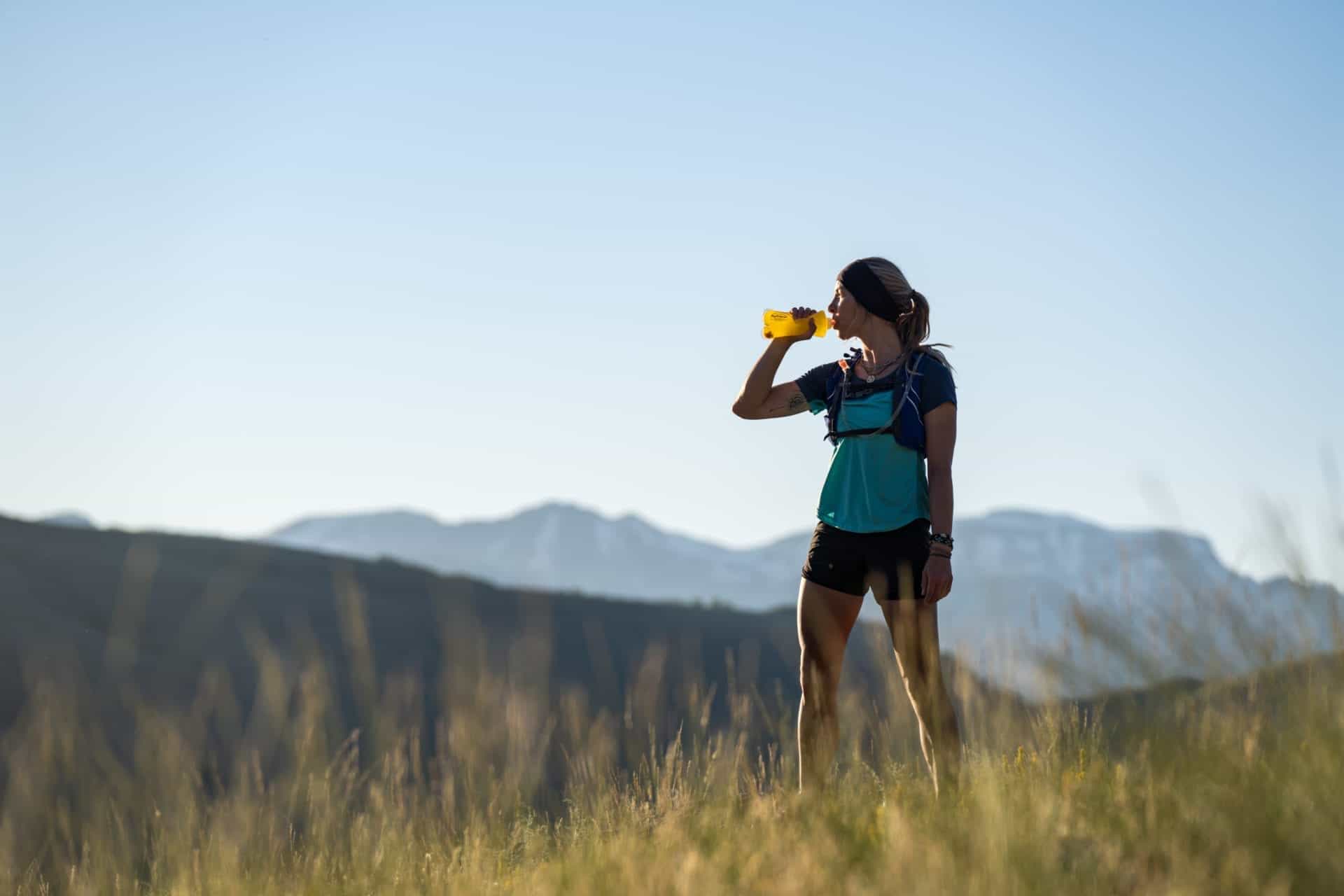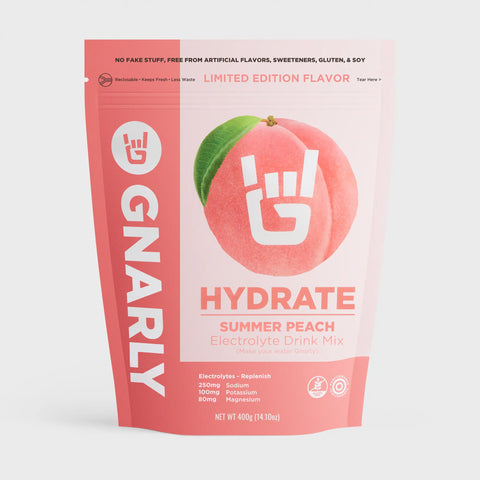Water is life
Water is vital for all living things in order to survive and thrive. Humans can only go one week without water but can go an entire month without food. It is the most abundant and important substance for both the earth and the human body. Humans are about 60% water and use water as the primary component for all bodily fluids, including blood, lymph, digestive juices, urine, tears and sweat. Water plays an integral role in circulation, digestion, absorption and elimination of waste and helps lubricate and cushion the joints in our body. If there is a 4% loss in water, the body will experience exsiccosis, commonly known as dehydration. A body water loss of 15% can be fatal. Here are just a few of the many bodily functions that become impaired during dehydration:
- Waste products build up in the body because there is a decrease in urine and bowel movements.
- Regulating body temperature is difficult because of the absence of moisture loss through sweat; and
- Wound healing is compromised because the water in the bloodstream carries repair substances to the wound site.

While focusing on drinking water throughout the day is beneficial, it’s also important to consider how our food choices can impact our hydration status. Water is produced in our body cells through the metabolism (chemical breakdown) of fat, alcohol, protein and carbohydrates and can actually provide more than half our daily water requirement.
Foods & Their water content:
|
Food |
Water Content (%) |
|
Meat |
|
|
Pork, raw |
53-60 |
|
Beef, raw |
50-70 |
|
Chicken, raw without skin |
74 |
|
Fish |
65-81 |
|
Fruit |
|
|
Berries, cherries, pears |
80-85 |
|
Apples, peaches, oranges, grapefruit |
80-85 |
|
Strawberries, rhubarb |
90-95 |
|
Vegetables: |
|
|
Beets, broccoli, carrots, potatoes |
80-85 |
|
Asparagus, green beans, cabbage, cauliflower, lettuce |
90-95 |
|
Spinach |
92 |
|
Food Items: |
|
|
Pasta, Ice cream |
60-69 |
|
Pizza |
40-49 |
|
Bagels, Bread |
30-39 |
|
Cereals, chocolate chip cookies, peanut butter, pretzels |
1-9 |

Notice, the foods that are more processed or further away from its natural source have less water content. Fueling ourselves with the rich diversity of fruits and vegetables will give our bodies a better chance to absorb, digest, lubricate, and stay at the healthy balanced levels we need for optimal health.
There is a strong synergistic relationship between our performance capacity as athletes and hydration status. Water requirements can vary from person to person but key determinants include activity levels, training environment (climate), sweat rate, and diet. Taking stock of these factors can help an individual understand fluid balance and what changes or alterations could result in more energy, better performance and improved health.
To find out your personal water loss during exercise, visit this blog on Gnarly Nutrition’s website and conduct a sweat test for yourself. Understanding how much water you lose will help create a hydration plan during exercise, especially those that last longer than an hour in time.
So whether you are getting ready for a race and need to design a hydration strategy, moving to a new environment, or simply learning the water content of food- all are relevant in the full compass of appreciation towards water and its value in how we feel every day.





